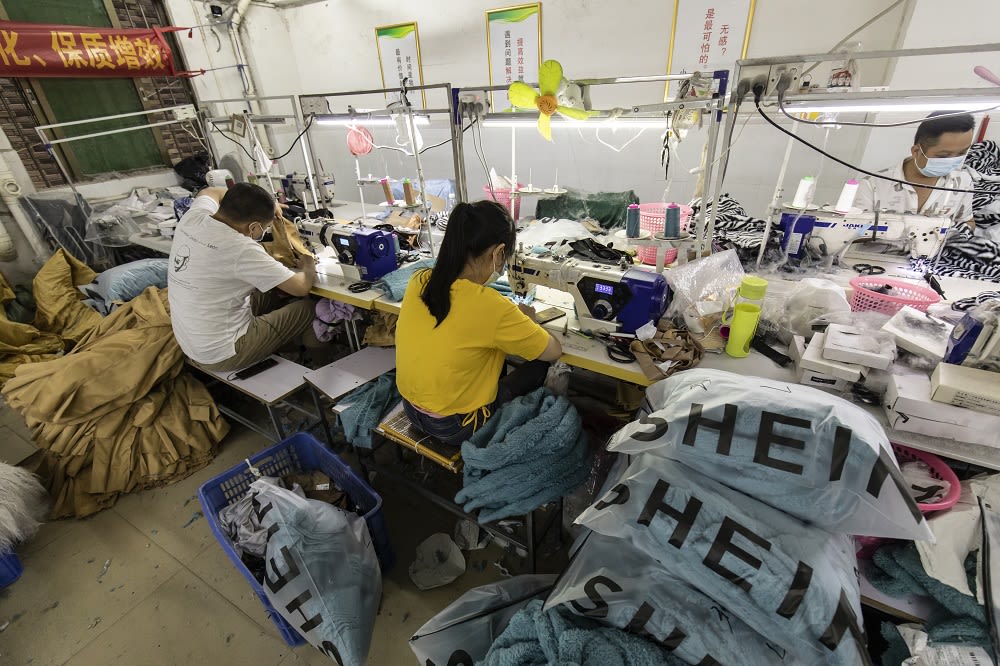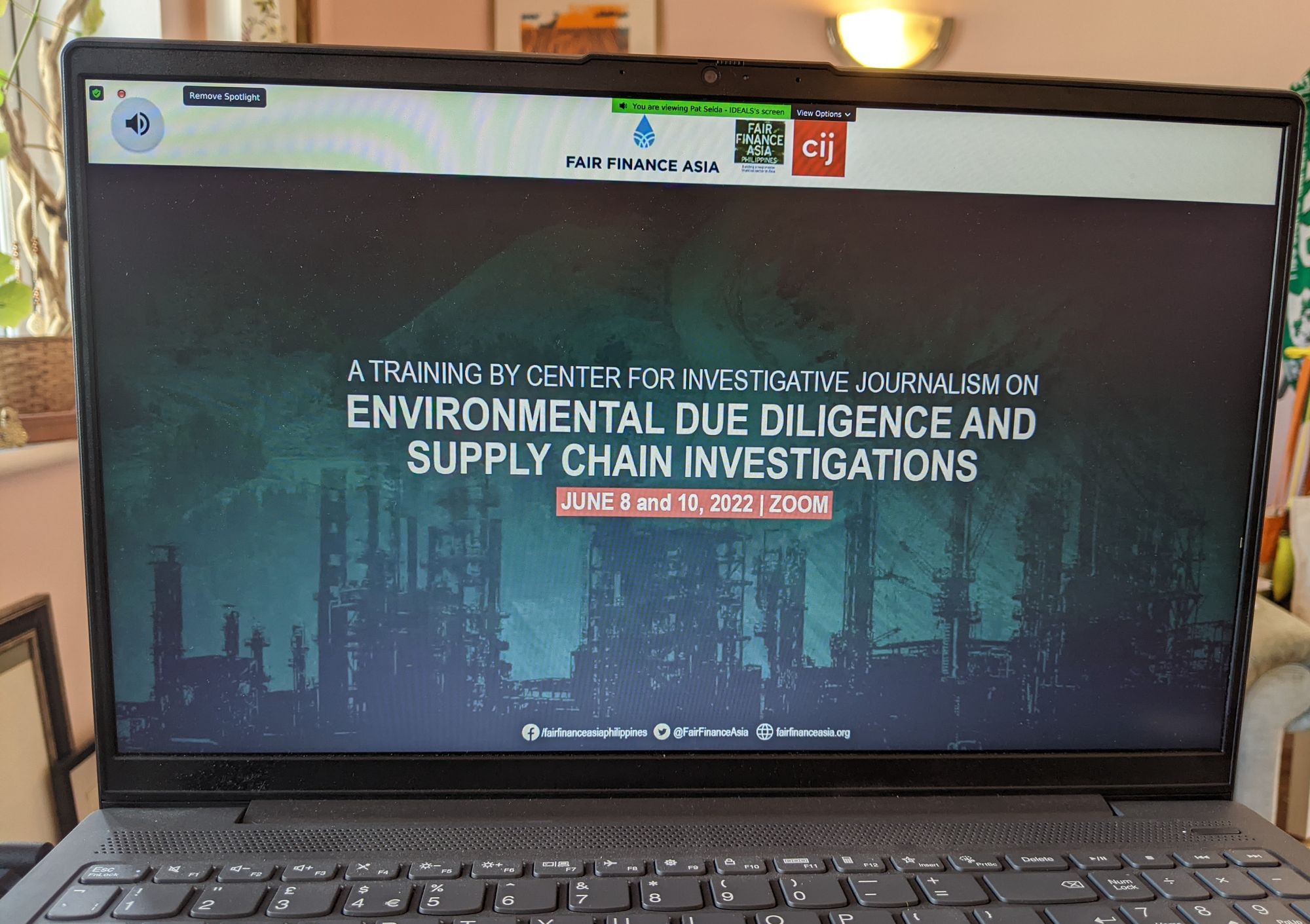Newsletter No.08 - Shein: Saviour or arsonist?
On slash fashion giant Shein's $15M charitable donation to ‘solve ecological and social problems’

June greetings from London,
Today feels like an auspicious day - both the Summer Solstice and the start of massive strike action on the UK railways as workers defend their pay + conditions and our train system. You can donate to the RMT union strike fund HERE.
At the end of the newsletter, I've written more about what I've been working on (busy month) but for now I want to dive into something I've written on giant internet fashion brand Shein making a donation of $15 million to a US-Ghanaian charity to 'solve ecological and social problems...' If you like it please feel free to forward and share. If you want to subscribe hit the purple button in the corner of your screen.
SAVIOUR OR ARSONIST
When I heard the news about Shein’s donation to The Or Foundation, a few analogies sprang to mind – a serial arsonist being applauded for donating a cup of water, an oil company being applauded for cleaning dying birds after causing an ocean wide spill. Except that with Shein you don’t really need a comparison – we are looking at a company that churns out 35,000 -100,000 items of clothing PER DAY being applauded for donating to ‘solve’ textile waste.
The irony is that in each of these situations, both real and imaginary, the applauded culprit is still perpetrating harm. The arsonist is still burning down houses, the oil company is still pumping crude oil into the ocean, and since it’s announcement 12 days ago Shein have pumped out between 420,000 – 1,200,000 bits of clothing. This is the cause of textile waste and nothing is being done to stop it.
As a privately owned Chinese company founded and led by Chris Xu, Shein does not disclose financial information and tries to keep its supply chains hidden. Having risen to prominence, Shein has attracted considerable scrutiny. Here are some of the headlines: Shein updates its website with an average of 6,000 new styles of clothing every single day – over 2.1 million per year, (for comparison, H&M adds approximately 25,000 per year.) Shein supplier factories lack fire exits and have barred windows, and workers earning poverty wages have been found doing 75 hour weeks – when the legal Chinese limit is 40 hours. Campaign group Remake rank Shein as scoring 0/150 points based on their labour and environmental standards.
It is not difficult to conclude that in terms of human rights and the future of our planet, Shein are very, very bad news.

Put yourself for a moment in the chair of a Shein executive – your company has become a by-word for toxic production, you are in the spotlight for labour abuses and in the US, politicians who want American companies to be more competitive, are working to close a vital loophole that means import taxes do not apply to packages valued under $800.* None of this is good news.
Looking for solutions you could: A) change your business model so you aren’t causing harm, B) Sign up more celebrities and influencers to front your campaigns, C) Hire more PR execs to fight the rising tide of bad news, or D) spend that money generating good press that counteracts the growing narrative that you are a scourge on humanity.
Shein chose D. The first step was to find a worthy cause that's both emotional and hard to argue against, both compelling and respectable enough to have a controlled narrative where no one will talk back. The second step was to portion out a headline grabbing sum of money and wait for the write-ups. $15 million might look headline worthy, but for a company valued at $100 billion, it is less than nothing – especially when charitable donations are tax deductible and it comes with nice articles in Vogue and the Guardian and people on social media arguing that Shein should be cut some slack.
This donation is categorically NOT ‘a tax’ on Shein or a sign of democratic accountability. Option A – that of altering the thing you are doing which is causing the harm in the first place is not on the table. Nor is paying for the harm done so far. Nothing that happened 12 days ago helps to tackle the problem of clothing waste, and yet Shein has duped people into thinking it does. It is a play-book penned by Shell and BP, opiate monsters the Sackler family, gambling companies, mining corporations and anyone with a reputation that needs laundering. In this case the money also follows China’s Belt and Road approach to Africa – building influence by parcelling out investments and contracts. Shein have no intention of changing their business model, cutting down production, or treating workers in their supply chains well. In fact if industry predictions come true they will increase, rather than decrease, their output.
Colonial extraction and injection
The fashion industry is a master of colonial extraction – following historic pathways to exploit people, land and water, while circumventing laws and stymieing political and social progress. Following extraction, the industry also injects the world with vast quantities of waste – from textiles and discarded clothes to polluted effluent and critically dangerous carbon emissions.
Textile dumps exist across the planet – from the Atacama Desert in Chile, to municipal dumps outside Dhaka full of factory waste. They are dangerous, disturbing places where chemical run-off is an ever increasing crisis and where people work without proper protective equipment and frequently suffer injury or death. In Bangladesh it is typical to find climate refugees, including children, working on rubbish dumps – driven from agricultural livelihoods by rising sea-levels, and now at risk from industrial machinery, infected cuts, and falling into sinkholes. In Ghana, The Or Foundation - who accepted the donation from Shein - describe working with women who fight the rising tide of clothing waste by dangerously transporting it on their heads.
‘Environmental racism’ is defined by authors Renee Skelton and Vernice Miller as when “communities of colour, which are often poor, are routinely targeted to host facilities that have negative environmental impacts – a landfill, dirty industrial plant or truck depot.” What we see in Ghana with a reported 15 million garments arriving every week** is environmental racism on a national scale – an African country treated as a rubbish bin. The waste, produced and dumped by the fashion industry should be seen as ‘an enactment,’ as Dr Max Liboiron’s seminal book Pollution Is Colonialism explains, ‘of ongoing colonial relations to Land.’
Never forget that Shein exist to make this situation worse. Shein is a corporate entity that does not care if it destroys our ability to live on this planet. It deserves no slack, no applause, no merit for trying to hide behind the lives and tragic deaths of Ghanaian textile workers.
Fighting Shein on all fronts, not allying with them, is the future of social justice work in the fashion industry. It is no exaggeration to say that the future of the planet depends upon our collective ability to rein in these toxic industries. This means transnational legislation to govern supply chains, publicly owned and run zero-waste management systems, punitive taxes on corporations, protected union rights for textile workers, waste-pickers, and all labourers within the fashion system, full Land sovereignty and a total structural decolonisation of the fashion industry.
By the time you read this - the thirteenth day after Shein's donation went public - impoverished workers in cramped Shein-supplier factories have churned out 455,000 - 1,300,000 bits of clothing which are all headed to the dump – the arsonist is still burning our world.
[*Footnote: Interestingly in China the same threshold is just $7 before fees kick in.]
[**Correction: I previous wrote '15 million garments arriving every day' - this has been corrected to 'every week.']
NOTES FROM THE PROFIT MARGINS:
These are some of the things I am keeping my eye on in the industry right now. This month I'm going to start with a couple of things from me!
- I've been investigating working conditions for migrant workers in Qatar and published this article on dangerously hot building sites and the difference between regulations on paper and actual working conditions. I was lucky enough to interview some brilliant occupation health experts for the piece: Heat stress fears for migrant workers persist ahead of Qatar World Cup
- Are knock-off fashion ‘dupes’ unethical? We ask an expert I was interviewed about “duplicates” of luxury items created by budget brands.
- Now onto the round-up - This alarming report revealing extreme labour violations at the Shahi Factory in India. It details non-payment of wages, caste-based and gender-based violence and violent retaliation to worker protests.
- News of the new Uyghur Forced Labor Prevention Act in the USA which bans goods from or made in Xinjiang.
- New research shows Turkish garment workers earn a quarter of a basic living wage.
- The ongoing impact of Sri Lanka's economic crisis on garment workers
- This Op-Ed: Fashion Is Broken, Is Policy The Answer?
- The great work being done by the Model Alliance - who have just successfully championed the Adult Survivors Act.
- And this historic win by Thai Workers who finally received $8.3 million in back pay, financed by Victoria’s Secret.
- And finally...This is a useful short history of human dependence on fossil fuels.
Solidarity with you all and please forward this newsletter to anyone you think would be interested. And again feel free to subscribe using the purple subscribe button in the corner of your screen.
The publication date for The Anti-Capitalist Book Of Fashion is fast approaching. It can be pre-ordered here and please watch this space for news of launch events. See you next month!
In solidarity, Tansy.
p.s. I've been developing and teaching a two hour course on Supply Chain Investigations featuring multiple databases and means of finding out hidden information. If you know anyone who might want to run one of these courses please put us in touch.

